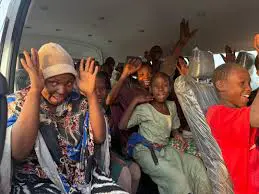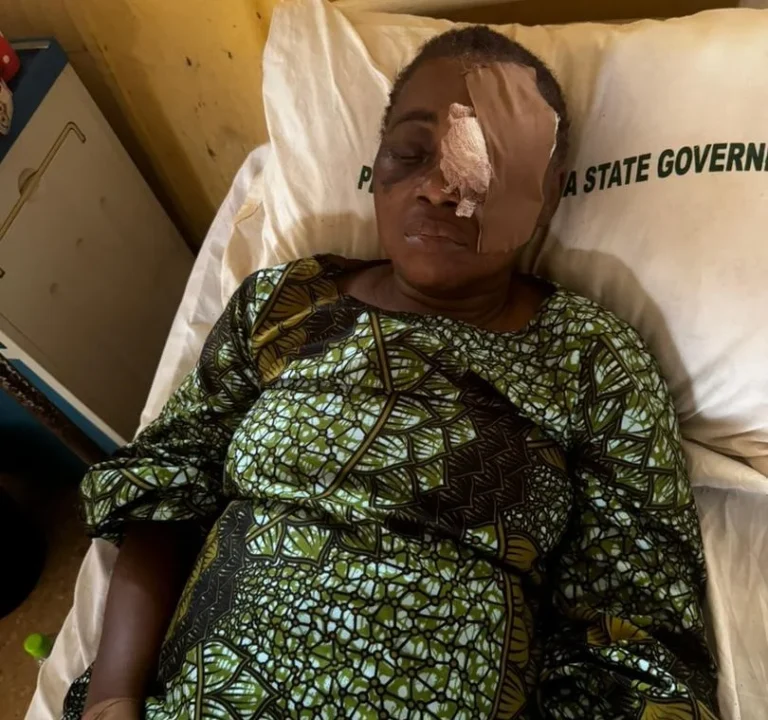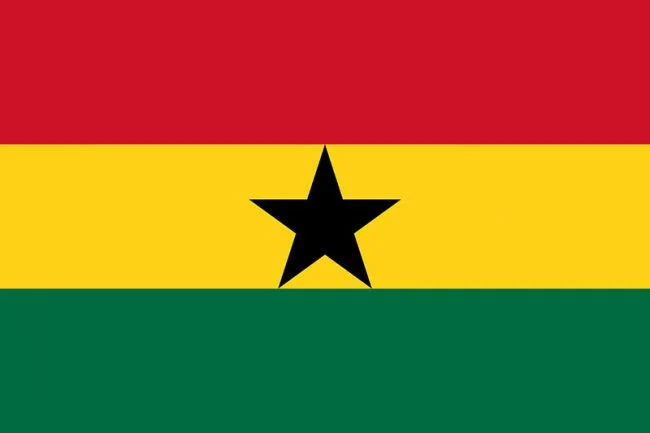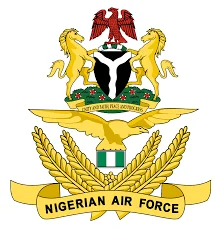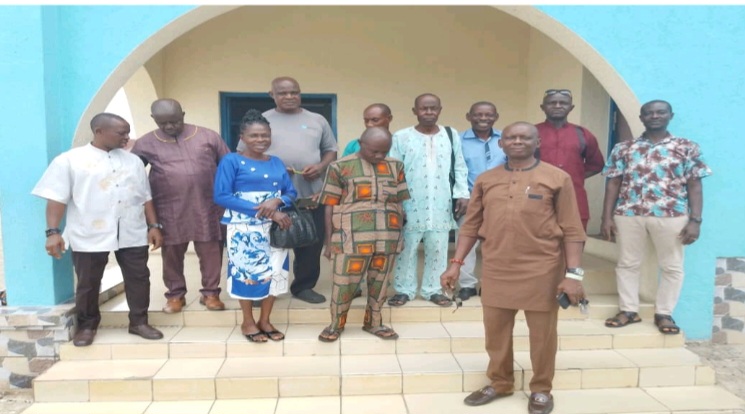
Deltans in the rural area have been charged to take the management and operation of the government as well as Donor Water and Sanitation facilities, seriously.
The General Manager of the State Rural Water Supply and Sanitation Agency, RUWASSA, Mr. Clement Adiotomre gave the charge during a one-day training organized for Water Sanitation and Hygiene Committee, WASHCOM, and the Federation of WASHCOM on the service delivery model in the Sustainable Urban Rural Water Supply and Sanitation, SURWASH, Program.
Mr. Adiotomre said it was in tandem with the M.O.R.E agenda of Governor Sheriff Oborevwori’s infrastructural development in ensuring access to clean and safe water for all residents in the State.
Adiotomre, who was represented by the Director of Water Supply in the Agency Mr. Sunday Eyesare said the training was aimed at building the capacity and increasing the knowledge of the Federation of Water, Sanitation and Hygiene Committee (WASHCOM) in implementing effective Water, Sanitation, and Hygiene Services in their communities.
The training, which is the pilot program for Ndokwa West Local Government Area, took place in Kwale and is expected to cut across the other LGAs where SURWASH is intervening.
The Director in charge of Planning and Research, Mr. Ochuko Asore, who spoke on the need to take the Service Delivery Model seriously stated that the model is using professionalized operations and maintenance approach which will yield sustainability while he opined that community mobilization, project management, and sustainability of Water Sanitation and Hygiene ( WASH) interventions was a priority to the State Government and Sustainable Urban Rural Water Supply and Sanitation SURWASH program
Asore reiterated the need for participants to actively engage in group discussions, practical demonstrations, and role-playing exercises to enhance their understanding of the service delivery model.
Ndokwa West Federation of WASHCOM chairman, Mr. Moses Nzete expressed gratitude to RUWASSA for organizing the capacity-building sensitization and training using Ndokwa West as a pilot LGA which they believed would go a long way in teaching them about their responsibilities as caretakers of WASH facilities in their various communities.
While pledging his readiness to implement the knowledge gained and work collaboratively with water, sanitation and hygiene committee in the local government area to improve water, sanitation, and hygiene services in their communities.
Some of the participants said with the knowledge gained, it would enhance their ability to contribute to the sustainable improvement of Water, Sanitation, and Hygiene Services in Rural communities in Delta State, they said capacity-building initiatives,
They said knowledge acquired through capacity building training was a significant stride for the Federation of WASHCOM members which had equipped them with skills to effectively operate and maintain facilities in their communities towards improving their operations. They said that it would also help improve the sustainability of water and Sanitation facilities services in the communities through the service delivery model.
The program was facilitated by experts in the water and sanitation sector.
Participants were taken through various aspects of the service delivery model, including planning, implementation, monitoring, and evaluation of Water, Sanitation, and Hygiene Projects.

